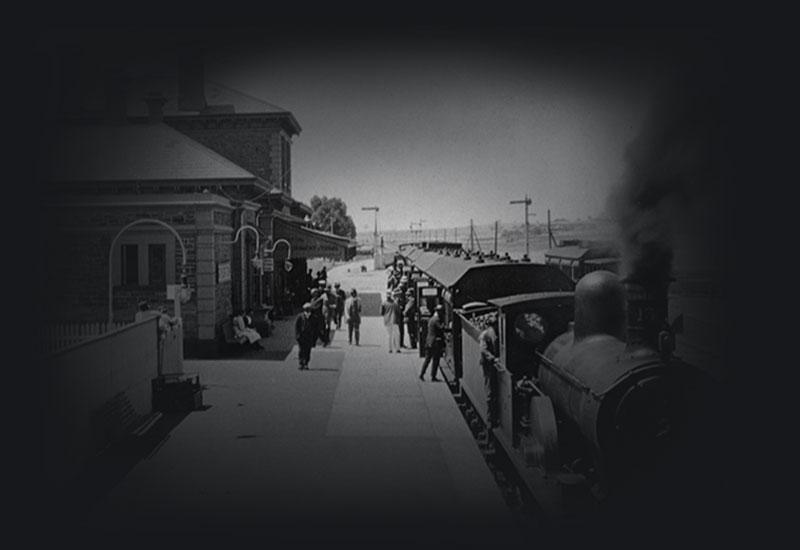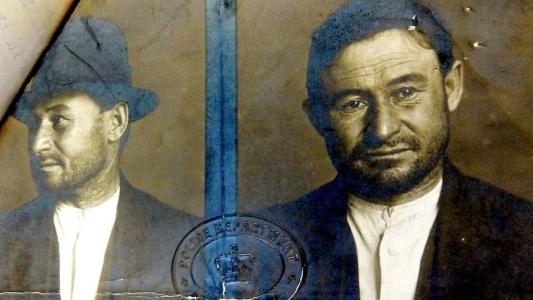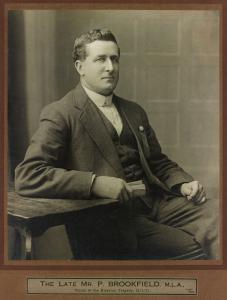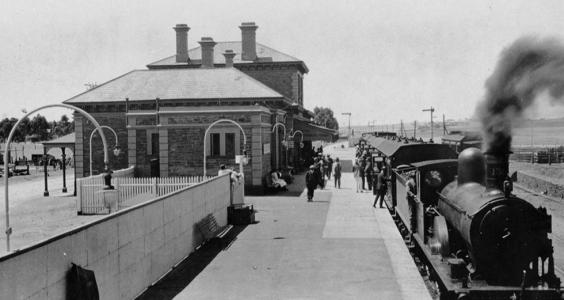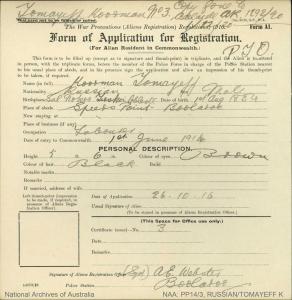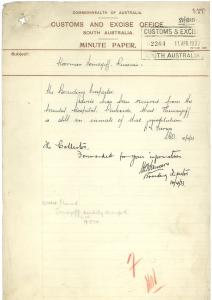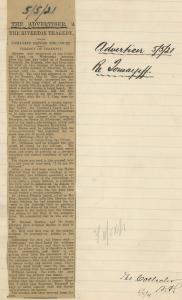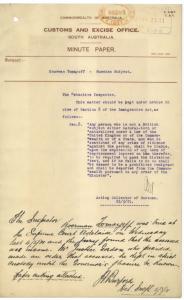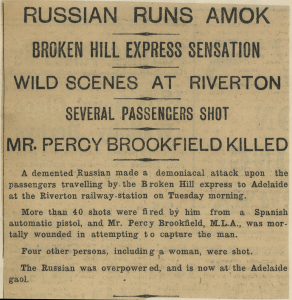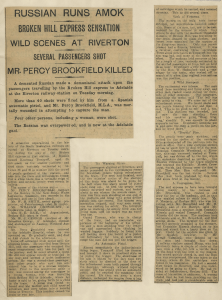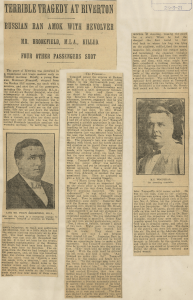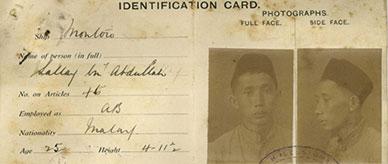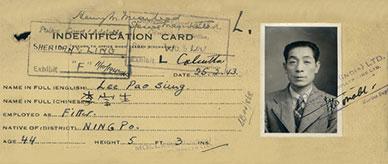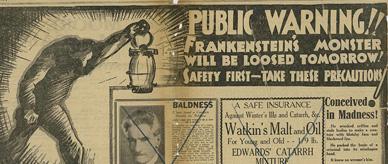Riverton Station incident
In March 1923, a frightening shooting spree at Riverton Station in South Australia saw Russian migrant, Koorman Tomayeff, tried for murder.
At the scene of the crime, Tomayeff fired at least 40 shots into the crowd on the platform, as they prepared to board the Broken Hill Express after breakfast.
Two people were killed that morning. One of whom was a socialist member of parliament and great supporter of the Russian Revolution, Percy Brookfield. Percy was fatally shot while confronting the shooter. The second gentleman, William Crowhurst, sustained wounds that saw him die in hospital the following day.

